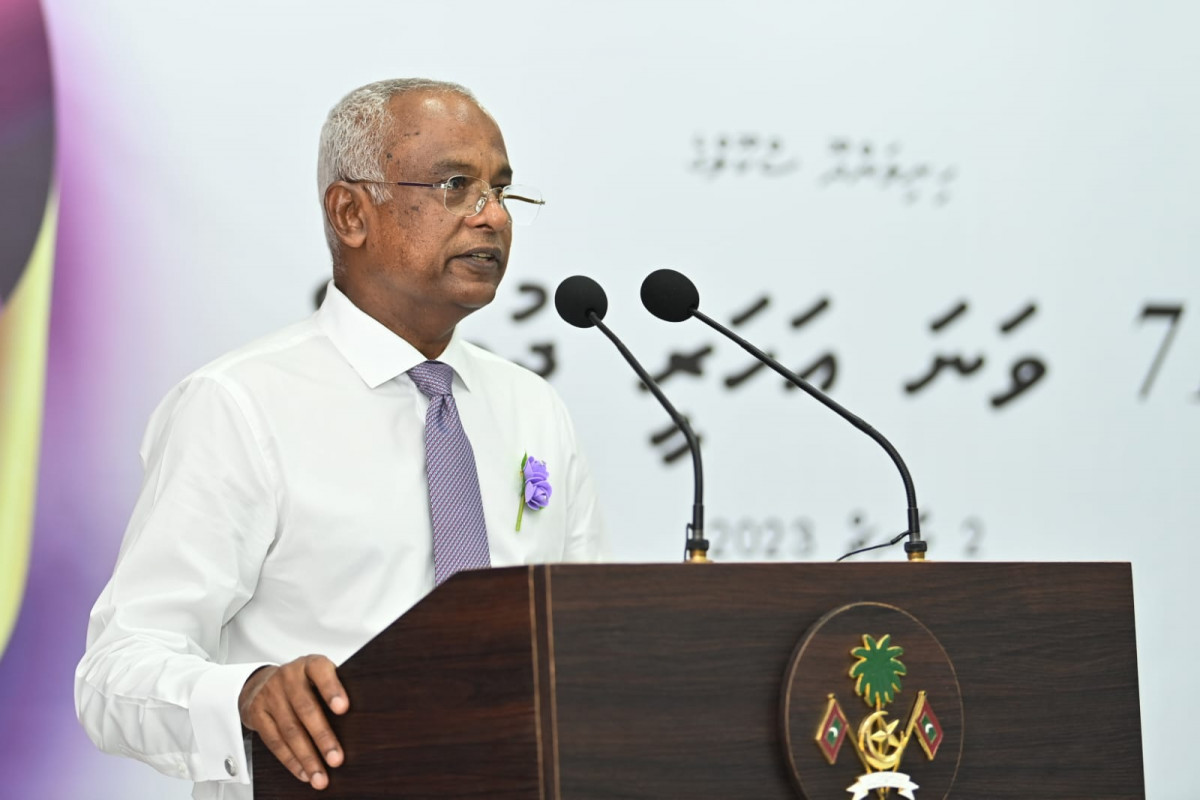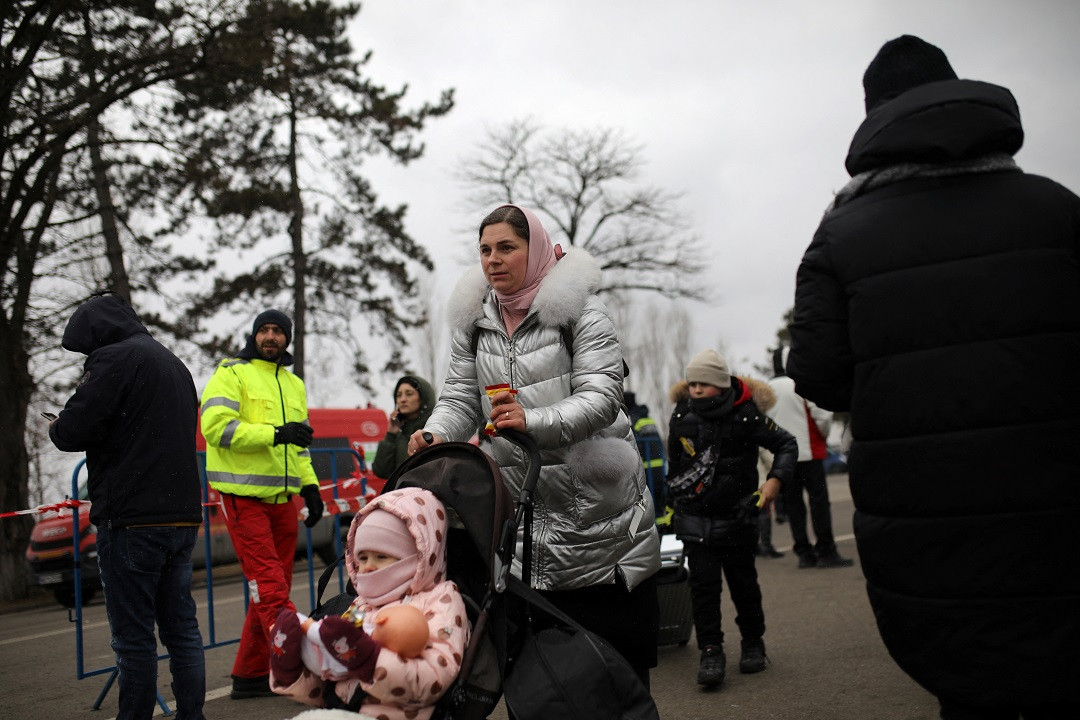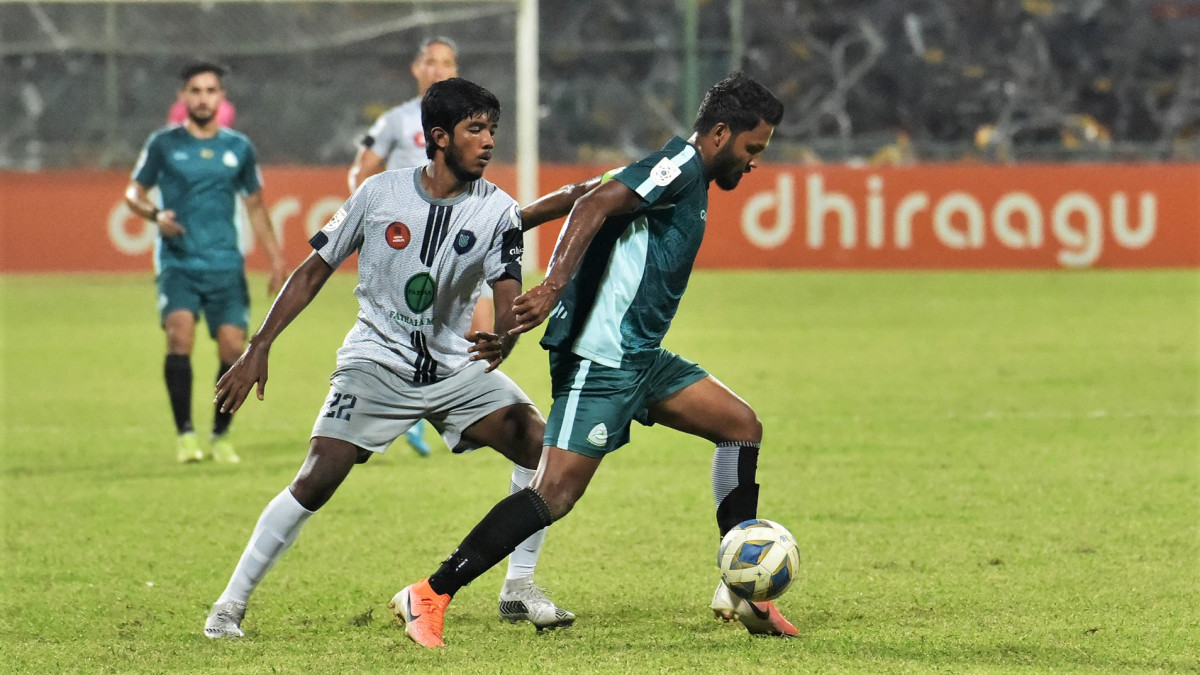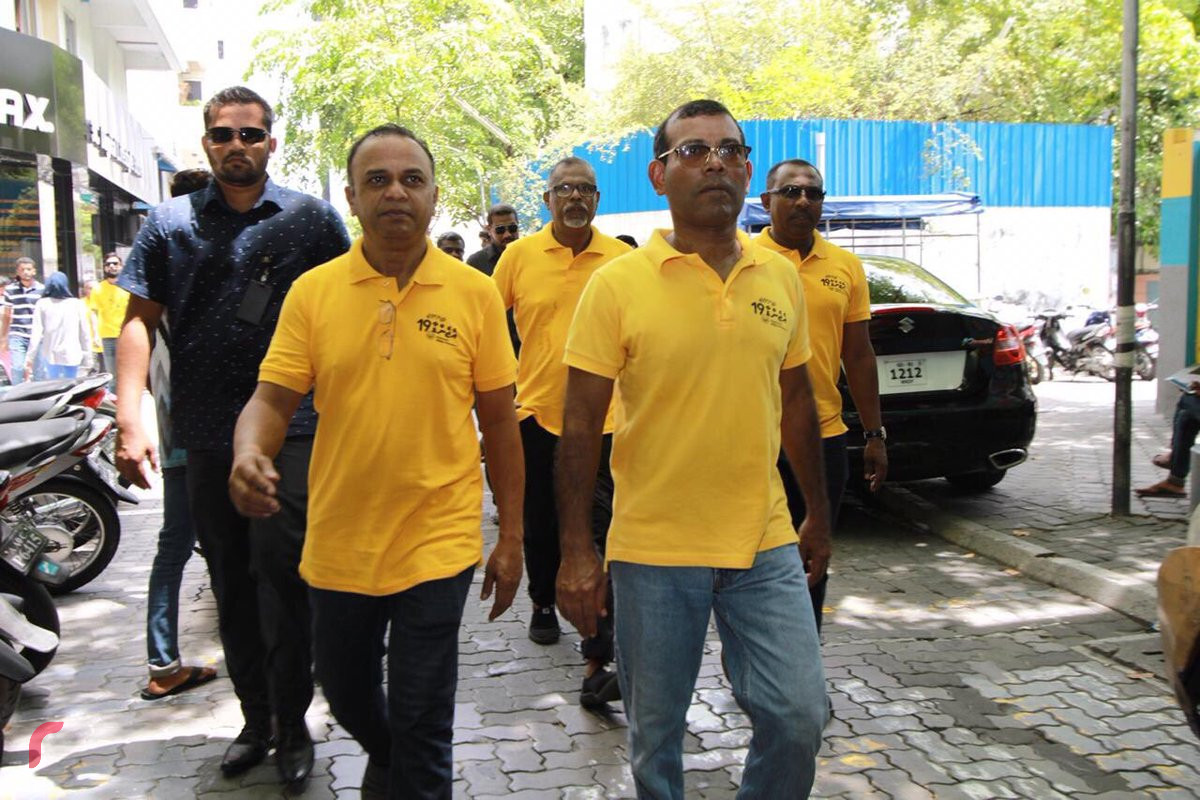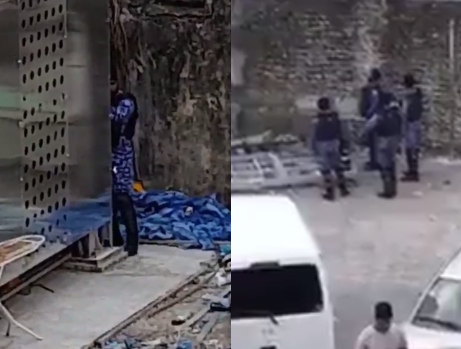“Will submit LRAD use to every international body possible”
MPS used a military-grade sonic weapon against peaceful protesters for the first time in the country's history

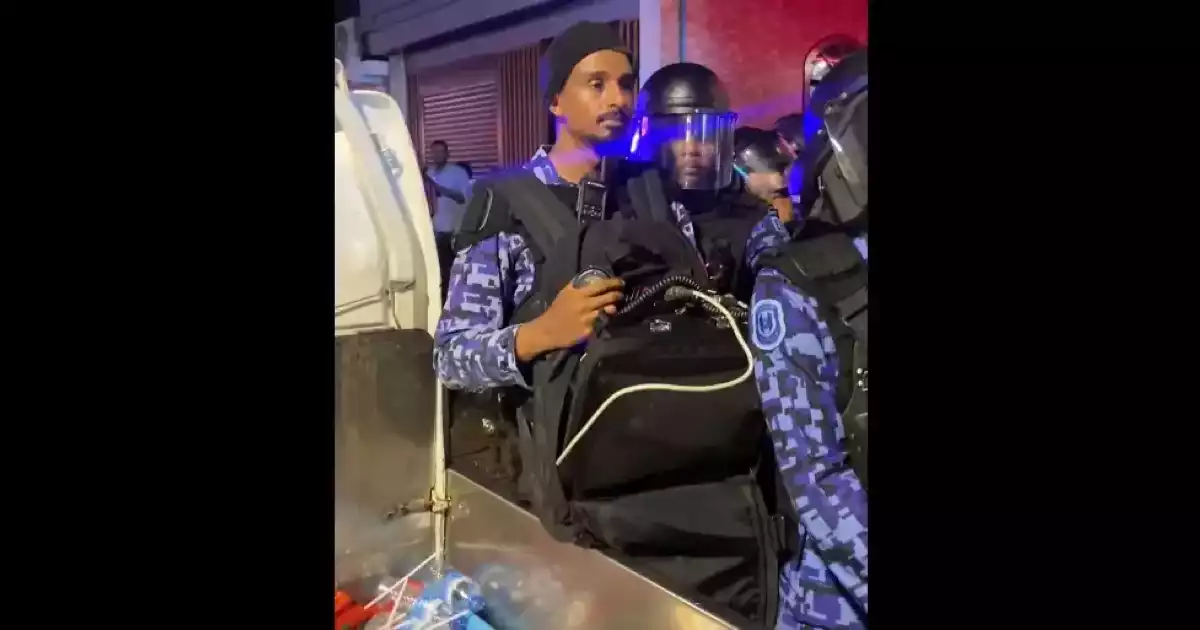
Long Range Acoustic Devices (LRAD) being used by Maldives Police Service against protestors
In a shocking escalation of state force, the Maldives Police Service (MPS) deployed a Long Range Acoustic Device (LRAD), a military-grade sonic weapon, against peaceful protesters during the opposition-led “Lootuvaifi, Lootuvaifi!” demonstration on Friday night. This marks the first recorded use of such a device against civilians in the country’s history.
The use of this high-powered acoustic weapon, designed to emit painful, disorienting sound waves, has drawn fierce condemnation from across civil society. Human rights advocates warn that LRADs can cause dizziness, intense ear pain, disorientation, and even permanent hearing damage. Its deployment is being widely seen as not only a disproportionate use of force, but a violation of fundamental rights enshrined in the Maldivian Constitution and international human rights law.
In response, Chairperson of the main opposition Maldivian Democratic Party (MDP) Fayyaz Ismail announced at the party's National Congress meeting on Saturday that the issue will be taken to every relevant international body. Legal experts within the party are reportedly preparing submissions to institutions that monitor human rights violations, including those covered under the UN Convention Against Torture.
The government’s willingness to use a crowd-control weapon typically reserved for military conflict zones against unarmed citizens raises urgent questions about the direction of law enforcement policy under President Dr. Mohamed Muizzu’s administration. The move has deepened fears that the state's response to dissent is becoming increasingly militarized and authoritarian.
Observers point out that this deployment occurred during a peaceful protest, one that continued despite the assaultive use of sonic force. Protesters refused to be silenced, even in the face of potential physical harm, underscoring both their resolve and the gravity of the issues they were raising.
The use of LRAD in this context is being widely condemned as not just illegal, but morally indefensible. It represents a dangerous normalization of excessive force against civilian populations. The incident has also reignited scrutiny of state institutions, including the Human Rights Commission of Maldives (HRCM), the Elections Commission, and the judiciary, for their silence and apparent complicity in enabling the suppression of constitutional freedoms.
As criticism mounts, so too does the call for international oversight. With domestic institutions increasingly viewed as compromised or politically subservient, MDP's push to bring the matter to global forums could prove a pivotal moment in the fight to reclaim civil liberties and protect Maldivian democracy.
The deployment of sonic weapons on Maldivian soil is a line crossed, and many believe it must not go unanswered.


